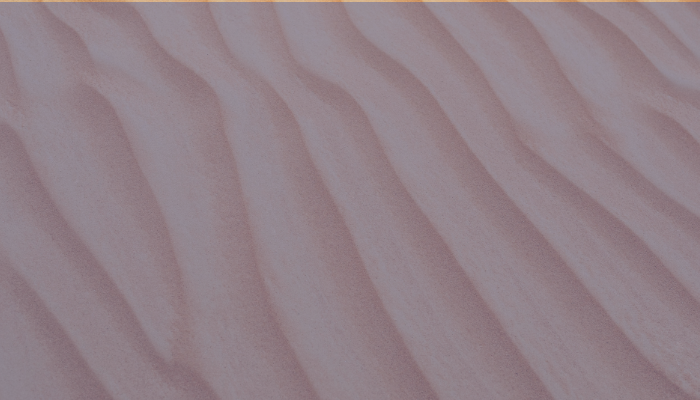It’s been said many times before, but bears repeating: discomfort is our friend.
This sounds insane to people who are born and raised in the west, particularly in the hyper-capitalist, marketing-infused US of A, where a large part of the economy runs on our willingness to fork over hard-earned dollars for anything that helps us avoid discomfort – be it physical, emotional, or psychological.
Discomfort, however, is inextricably tied to growth. When I was a little girl I used to get terrible pains in my legs as a result of my bones growing. My mom would sit up with me at night, massaging and soothing me with assurances that it was all part of the process. It didn’t make the pain go away, of course, but it was important for me to know that what was happening wasn’t the end of the world. Heck, it wasn’t even damaging me. It was making me bigger and stronger.
Over the years I’ve seen with increasing clarity that anything involving my personal growth and development always come along with some level of discomfort. No more has this been true than in learning how to write a novel. Sure, it’s great that I can do this work now, after a lifetime of delaying my dream. And yes, I find it fulfilling. But it’s also an enormous struggle that tests my resolve, challenges my ego, and demands sacrifice every single day. I do it because my desire to accomplish this dream is greater than the discomfort that is required, which I suppose is why dreams are so important. They are the thing that keeps us going when the going gets tough.
Anyway, I’ve come to a conclusion lately that this idea around growth = discomfort is axiomatic, and it applies individually and collectively, across all manner of human endeavor. Including politics.
Right now, everyone is uncomfortable. I don’t think that’s a bad thing, because we need to grow. It’s time – to evolve, to change, to live into a better reality that works for more than just those who seem to be thriving in the status quo. It can’t be avoided indefinitely, and freaking out or getting angry about it doesn’t change reality.
Octavia Butler wrote what may be my favorite literary quote of all time in her book The Parable of the Sower (a work of dystopian speculative fiction):
“All that you touch
You Change.
All that you Change
Changes you.
The only lasting truth
is Change.
God
is Change.”
I could probably write an entire book about the profundity of this quote, and how the concept of ‘God as change’ sits in cosmic opposition to our very human, very unnatural desire for stasis. Maybe another time.
Right now, I think it’s important to remember that there will never, ever be a time when we’re “safe and secure” from change. This is an illusion sold to us by people who profit (or otherwise benefit) from our terror at the idea things cannot stay the same.
There will never be a time when we humans can rest on our laurels. There has never been a time in all of history when this was so. Life is struggle. Life is suffering. Life is a constantly shifting landscape, and the more effort you put into building unchangeable structures on top of it, the harder it will be when things inevitably crumble.
The good news? We’re highly adaptable creatures, and we have the ability to not only problem-solve, but work together. Change doesn’t have to spell doom. Not unless we refuse to welcome it as a universal truth and allow ourselves to adapt.
Once we accept that there are no guarantees – that we are in no way safer or more deserving of a long, happy, prosperous life than those poor humans slaving away in cobalt mines in the Congo, or children running barefoot in the slums of India – we can release fear and think clearly about how to make change happen in a way minimizes damage to ourselves and our planet.
Yes, it’s scary. Courage is necessary. Sacrifice is required. Control must be relinquished. Trust must be built among people, and we have to learn to listen to those canaries in our coal mines before it’s too late. But we can do all of these things. If we want to.

